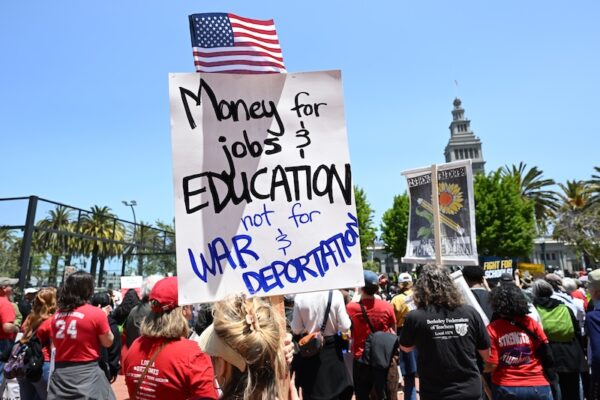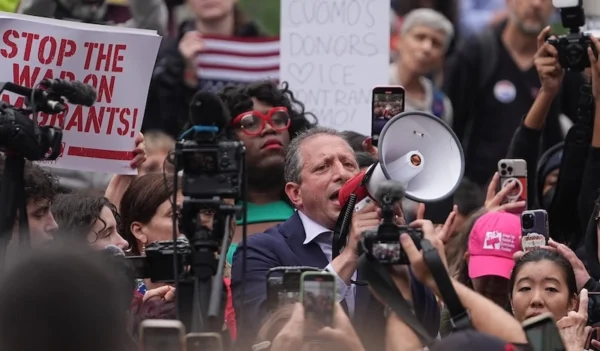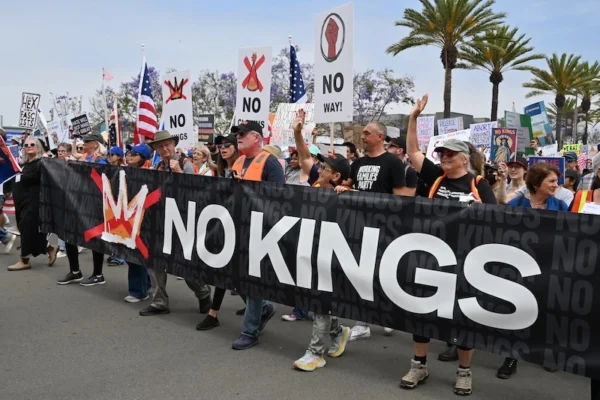Turkey’s Future in the Region
Turkey is today in a very critical location due to multiple, evolving threats on its borders.
For years, in the Turkish national education system, students were trained to subscribe to a complicated national threat perception. It used to be said that Turkey was a country surrounded by rivals or enemies on all sides. Those days are long gone, but now instead of just being a perception, the threat has become a reality. Turkey today is surrounded by either failed or weak states on all sides, and it is passing through a critical and sensitive period of its political history.
Turkey is today in a very critical location due to multiple, evolving threats on its borders. Syria is an almost failed state now, and it is producing various threats to the security of Turkey and the region as a whole. ISIS has emerged as a major and persistent threat for the region as a whole, and after almost a year of operations by the international coalition, it is now understood that it will take many years and a more comprehensive strategy to deal with this group. The situation in Syria is also producing thousands of refugees every day. Turkey has become the biggest refugee receiving country in the region. The second southern neighbor of Turkey, Iraq, is facing a complicated situation right now. ISIS controls a large chunk of Iraqi territory, and the government in Baghdad has again failed to form a meaningful, inclusive and effective government to deal with this threat. On the eastern side, Armenia is facing economic difficulties and constant tension with its neighbor Azerbaijan. Iran on the other hand is at the same time suffering from economic sanctions and negotiating a major nuclear deal with the U.S. government, while its proxy engagement in Syria and Yemen has become a major factor of destabilization in the region as a whole. To the north, Russia, which is another major trading partner of Turkey, is dealing with economic sanctions and the crisis in Ukraine, creating a major security problem for Europe as a whole. On top of this, the situation in Greece is threating the eurozone and the economic stability of the region. After having weak and failed states in its neighborhood, Turkey may have another destabilized neighbor.
With these foreign policy situations and security crises along its borders, Turkey is also facing a challenging few weeks (if not months) due to the outcome of the elections. After the election of a Parliament speaker, President Recep Tayyip Erdoğan has asked Prime Minister Ahmet Davutoğlu to form a new government. Since the Justice and Development Party (AK Party) lost its overall majority in last month’s election, Prime Minister Davutoğlu will start meeting the leaders of the opposition parties in order to form a coalition government. If the parties fail to form a coalition government in 45 days, the president can ask the voters in Turkey to go to the polls one more time in an early election. During this process, the parties, especially the opposition parties, need to be extremely considerate about political and economic stability in Turkey. Any move that will destabilize political or economic stability will have far-reaching complications for the country and for the region as a whole. Because of this, the sensitive situation should make every politician or political actor in Turkey more careful in their dealings in domestic politics. Everybody should remember that the stability of Turkey is key to the lives of the hundreds of thousands of refugees, the fight against groups like ISIS and the economic well-being of the region as a whole.
This article was originally published in the Daily Sabah on July 10, 2015.




















